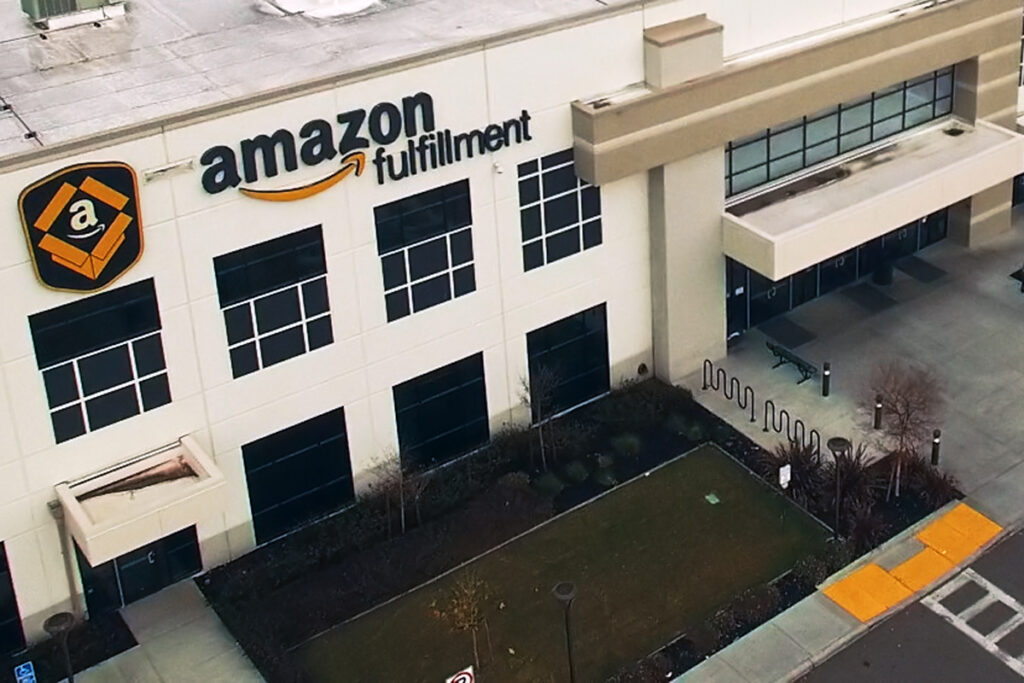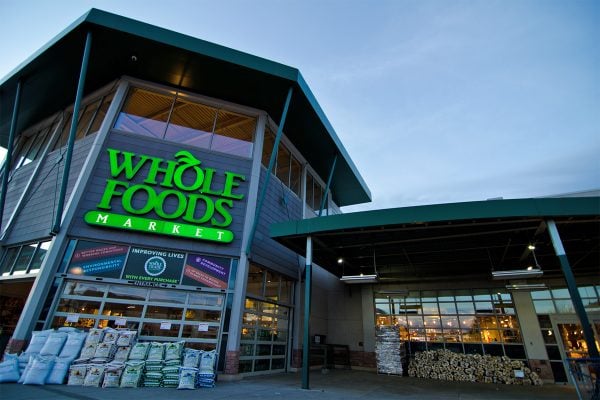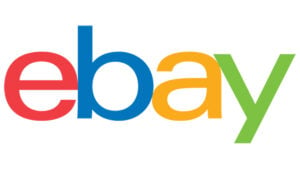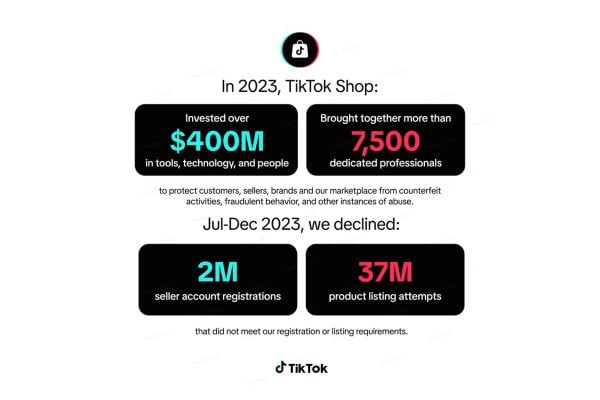Amazon, and in particular their CEO Jeff Bezos, are shouting loud about what a friend they are to small businesses. It culminated in his 2018 Amazon Letter to Shareholders where Jeff went out of his way to besmirch eBay and talk up how well Amazon were doing in comparison but he also took the time for a side swipe at other retailers challenging them to pay their staff more.
Naturally the Amazon 2018 Letter to Shareholders provoked exactly the reaction expected and one can only wonder just how apoplectic eBay executives were, however the outward reaction to seeing eBay shares drop around 5% was a calm response from eBay CEO Devin Wenig pointing out that Amazon have dropped their famous charade of ignoring competition and focusing on what’s best for their customers – by which I mean consumers as Amazon are famous for punitive punishment for their other customers, their third party merchants, if their standards aren’t met.
While I appreciate the ink dedicated to @ebay from the ceo of the company not focused on competition, think I”ll dedicate my letter to customers, purpose and strategy. We don’t compete with our sellers. We don’t bundle endless services to create barriers to competition.
— Devin Wenig (@devinwenig) April 11, 2019
It’s hard to argue that Amazon haven’t been a fantastic success and it’s also true to say that in the Letter to Shareholders they’ve picked the best time period possible to demonstrate the growth of third party sellers. I have to ask though, exactly how much do you care about how much merchants’ share of business on Amazon has grown over the past twenty years? Have you even been selling on Amazon for that long as if not it’s largely irrelevant and only the past few years are really of interest. It’s also worth pointing out that while on Amazon today merchant sales have grown to 58% of total sales, on eBay it’s always been 100%.
In the 2018 Letter to Shareholders, Amazon also bigged up their increase in pay for hourly paid workers which certainly puts them ahead of many other retailers. This prompted a reaction from Walmart who suggested that perhaps Amazon would also like to pay some tax for a change.
Hey retail competitors out there (you know who you are ?) how about paying your taxes? https://t.co/Rmh3VZOHsG @JeffBezos
— Dan Bartlett (@danbartlett6) April 11, 2019
Behind the scenes Amazon are also quietly lowering their placement of Amazon Own Brands on the marketplace. Until recently they were very prominently positioned but over the past couple of weeks the Amazon Own Brand adverts have disappeared from search results and competitors product detail pages.
There have been many calls for more regulation on Amazon from President Trump (probably misleadingly) claiming they get too good a deal from USPS to complaints that they paid no Federal Tax and the ever present assertion that they’re putting offline retailers out of business. Amazon are positioning themselves as the friend of small businesses and the lifeblood of ecommerce. No one else says Jeff, not even eBay, are helping businesses grow as fast as Amazon and please don’t think it’s Amazon killing the shopping malls – third party merchants are to blame as they sell almost 6 out of every 10 products sold on Amazon.
An interesting side effect of Jeff Bezos’ 2018 Letter to Shareholders is that he appears to have poked a hornest in the Investor community. Investors have always been able to read the numbers, but blatantly telling them that for all their enormous scale Amazon are being out performed by a bunch of independent merchants (in Amazon’s own words “Third-party sellers are kicking our first party butt. Badly“) might not have been the best move. It’s highlighted with a little bit of help from eBay’s Devin Wenig that Amazon are becoming more of a services company and that means they are constantly increasing fees for merchants and merchants share is growing.
Keep increasing fees for optional but almost mandatory supplemental services and growing the merchant share of Amazon and one day merchants might decide that actually eBay is a better platform with less stringent service mandates and lower fees leaving Amazon struggling to grow product choice and selection. With almost 60% of their business reliant on independent sellers Amazon may well find they have to keep them happy at a cost to future profitability.
Moving past the public mudslinging, Amazon have also puffed their chests up with their announcement of 50 New Tools and Services for Selling Partners since the beginning of 2019. In their press blurb they listed four (Enhanced brand analytics; FBA Monthly Storage and Removal Fee Waiver; Global Registration Experience; and Interactive Seller University Content) but have been unable to respond to Tamebay’s request for a list of the remaining 50 new tools launched in 2019. We’ll update you if they manage to locate them – we’re interested as there may be some that can assist you to grow your Amazon business.
Jeff Bezos asks “Why did independent sellers do so much better selling on Amazon than they did on eBay?”, but hidden behind all the shouting is a question that remains unanswered and that is are merchants as profitable on Amazon as they were two decades ago? In fact, all things being equal, do you as a merchant make a higher profit on eBay or Amazon?












4 Responses
Amazon now feels very much like eBay did about 10 years ago. More and more grumblings from sellers as the hurdles and fees are increasing. Bottom line is it is getting harder and harder to make decent money on Amazon and increasing numbers of sellers will be losing money
The next 1-3 years will be interesting and a lot depends on what the competition does
For us Amazon is much worse than ebay, it feels like an abandoned project stuck in the 90s. No interest in fixing any of the problems such as fake reviews, drop-shippers, fraudulent buyers.
Not only is Amazon poor for sellers, it is terrible for buyers, I hardly ever buy anything on Amazon as it feels like a jumble sale with a website made by someone learning html.
Amazon do not need to compete with the constant race to the bottom, that market places, including eBay, want sellers to compete in. Why would they? It is a win / win for them, whoever sells the product they get 15%, if it is an FBA seller they also get the storage + delivery fee.
I rarely buy on Amazon but as a seller I do better than on eBay.
If they are helping small business then why are they so quick to suspend accounts on a whim. Amazon shoot first and ask questions later and are unwilling to admit their mistakes. Amazon’s platform is becoming more technically superior to Ebay but Ebay is a much fairer marketplace for sellers.